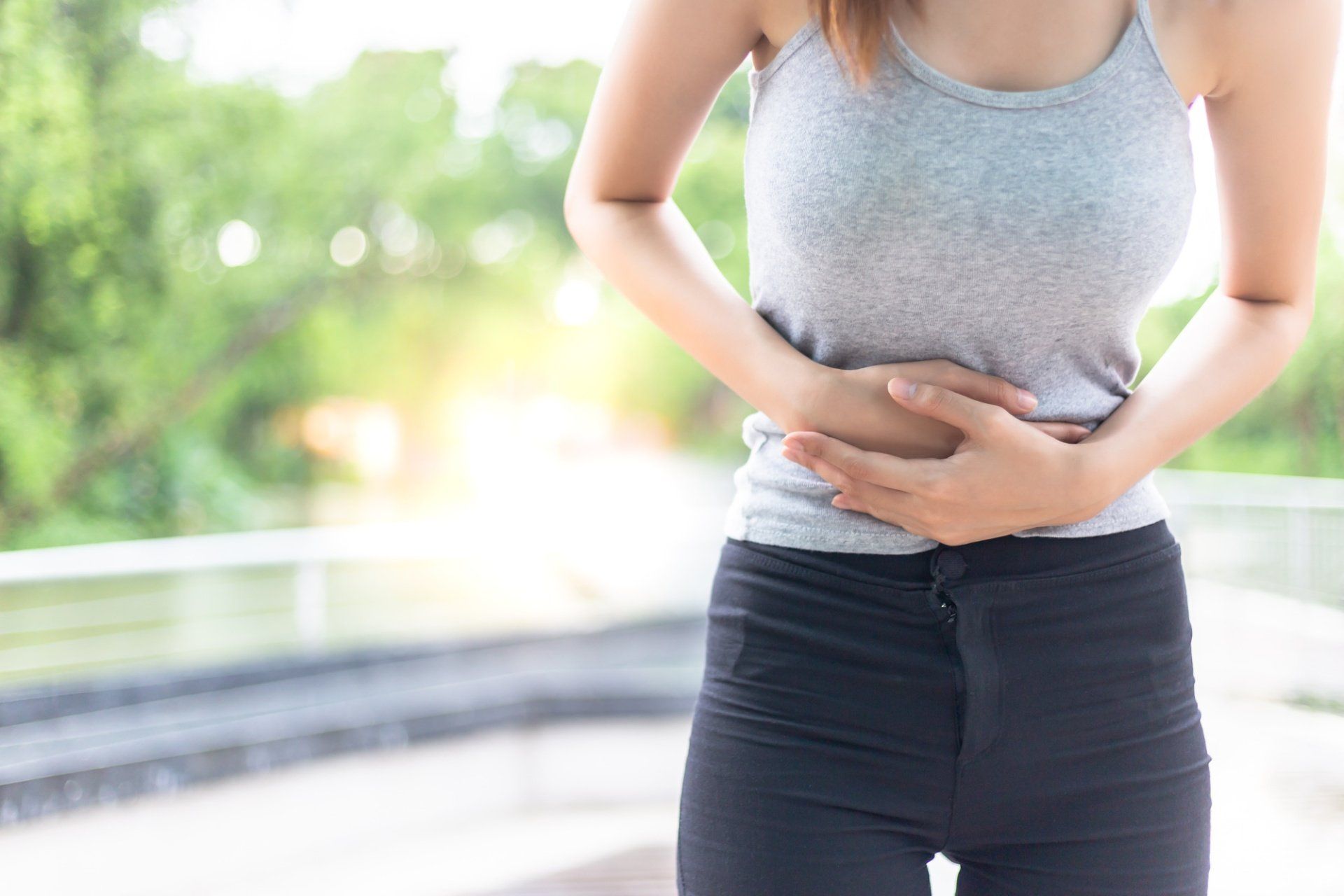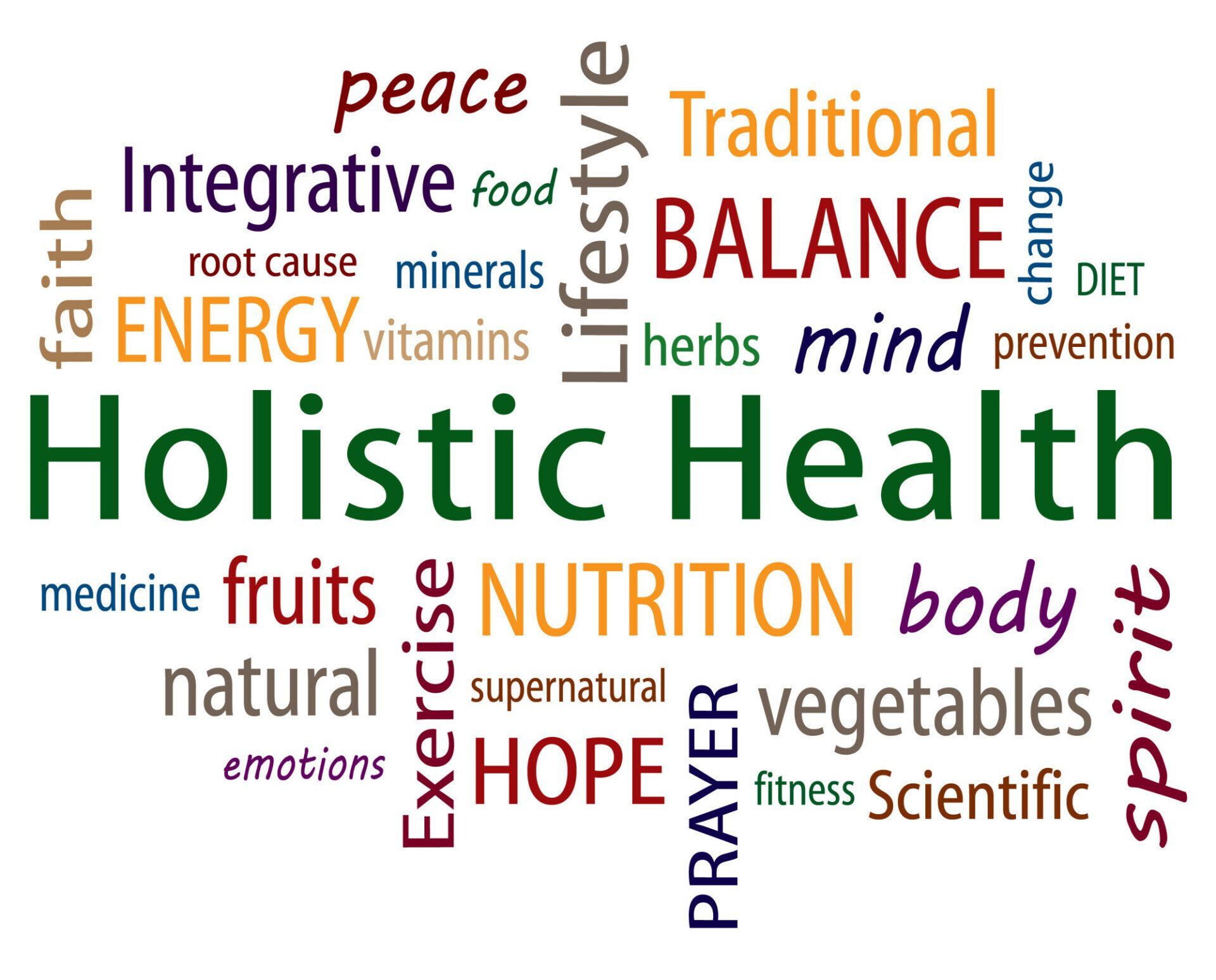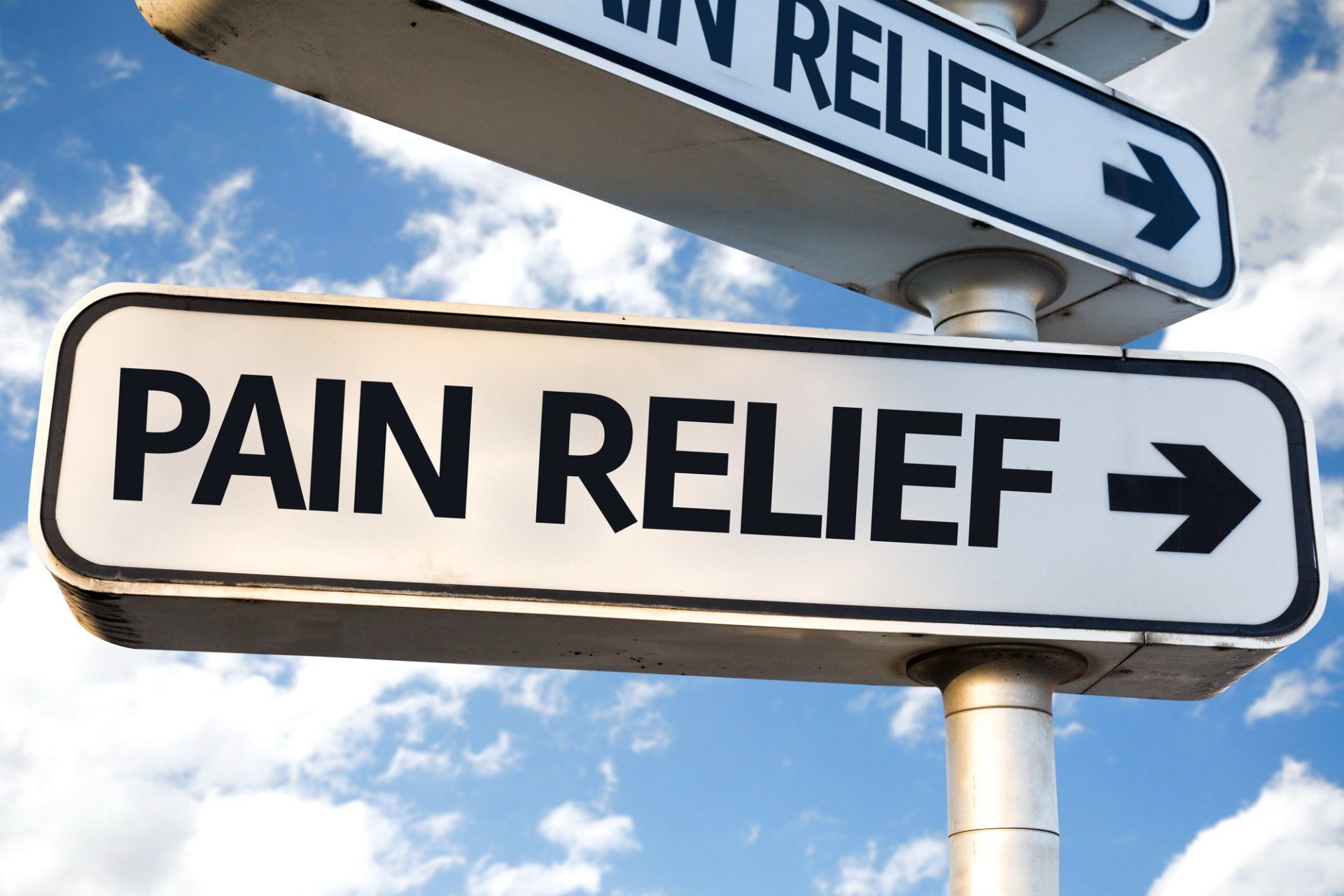The Benefits of Natural Medicine for Anxiety, Explained
OTC anxiety medications can have severe side effects. Luckily, there are alternatives. Learn about the benefits of natural medicine for anxiety here.
Anxiety disorders affect just under 20% of the US population every year. Anxiety medications such as Diazepam and Lorazepam are often prescribed in conventional medicine, but they often have quite severe side effects.
Natural medicine for anxiety can help to alleviate the symptoms of anxiety without unwanted side effects such as drowsiness, fatigue, and muscle weakness. Unlike conventional medicines, the natural medicines used in homeopathy can treat a wide array of health issues and help to restore balance to the body and mind.
In this article, we'll take a look at some of the natural medicines that can help alleviate the symptoms of anxiety and help to increase your overall well-being.
What Is Natural Medicine
Where conventional Western medicine is designed to specifically target the symptoms of illness, natural medicine aims to treat the individual as a whole. Most natural medicine is plant-based.
The symptoms of ill-health are seen as an imbalance and natural medicine aims to restore this balance. The focus of natural medicine is to restore the body's natural ability to regain balance.
The Benefits of Natural Medicine
There are several benefits of using natural medicine over conventional medicine:
- Fewer side effects
- Natural healing
- Self-healing
- Improved overall health
- Often cheaper than conventional medicine
Natural medicine can be seen as boosting the body's ability to be able to govern itself. Instead of curing specific symptoms, it can help to restore the body to a more optimum level of functioning.
The Best Natural Medicine for Anxiety
When it comes to treating anxiety with natural medicine, several supplements help to reduce stress and increase your overall sense of well-being. Many of these plant-based medicines stem from Ayurvedic and other traditional Eastern medicines. They may alleviate the symptoms of anxiety while negating many of the unpleasant side effects of prescribed medication.
Lavender
There is limited research as to the long term-effects of lavender on the symptoms of anxiety, but it can be used for immediate relief of anxiety symptoms. Lavender affects the parasympathetic nervous system, which controls all of the bodily processes that are related to anxiety.
There are many different ways to take advantage of the soothing properties of lavender:
- Using lavender essential oil in aromatherapy
- Using lavender essential oil for massage
- Using the leaves to make tea
- Adding lavender oil to baths
The essential oil from Lavender contains chemicals known as terpenes. Two of these, linalyl acetate and linalool are thought to have a calming effect on the brain.
Chamomile
Chamomile tea is often used to wind down at the end of a stressful day and helps to induce sleep. Chamomile can also be taken as a supplement. Chamomile has been put to the test in long-term clinical studies and is an effective and well-tolerated alternative treatment for anxiety.
Chamomile may interact with certain medications so it is important to consult with your doctor if you are planning on using chamomile for treating anxiety with natural medicine.
Valerian
Valerian root is an Ayurvedic herb that is used to treat anxiety and sleeping disorders. There is insufficient evidence to be sure whether or not valerian root can alleviate anxiety symptoms, but its sleep-inducing effect can help you to wind down and get a better night's sleep. A better night's sleep means less cortisol in the body, which means less stress.
Due to its sleep-inducing properties, it's best to only use valerian at nighttime as it can make you feel drowsy. Valerian root is either taken as a tablet or drunk as a tea.
Kava
Kava was originally used in the Pacific Islands as a ceremonial beverage because it is thought to alter mood and reduce stress. Today it is either taken as a tablet or the root of the plant is ground down into a powder and can be added to drinks.
Kava is known as an anxiolytic medicine. Anxiolytic medicines also include benzodiazepines. These medicines affect the central nervous system and can relieve anxiety, have a calming effect and help to aid sleep.
Kava has fewer negative side effects than other anxiolytic drugs such as benzodiazepines and alcohol. However, it has still been shown to become toxic when used for long periods. Taking kava regularly could harm the liver, stomach, and kidneys.
Ashwagandha
Ashwagandha belongs to a group of herbs known as adaptogens. These interact with the hormones and systems of the body that help to regulate the stress response. Ashwagandha has long been used in Ayurvedic and traditional Indian medicine.
A 2019 study that tested the effects of Ashwagandha on sufferers of mild anxiety found that 250mg of Ashwagandha helped to relieve certain anxiety symptoms including reducing morning cortisol levels.
Lifestyle Changes to Help Deal With Anxiety
While most people think of natural medicine as supplements that can be taken to relieve the symptoms of anxiety, it also focuses on various lifestyle changes that can help reduce the symptoms of anxiety.
The brain and the body interact closely together, and changing your physical behavior can impact your mental state. Sedentary lifestyles and alcohol consumption are thought to increase the chances of suffering from anxiety and depression.
Let's take a look at changes you might be able to make to your lifestyle to help reduce anxiety symptoms.
Exercise
It's a well-known fact that regular exercise helps to improve your overall well-being. As human beings, we are designed to move. As well as the physical health benefits of cardiovascular and resistance training, exercise has been shown to reduce the symptoms of anxiety.
Not only is exercise a great way to take your mind off your worries, but it also helps the brain release endorphins, dopamine, and serotonin. These feel-good hormones help to suppress stress hormones such as cortisol.
Endorphins also have a positive effect on sleep. Getting better sleep is paramount for helping to treat anxiety. Many anxiety sufferers struggle with sleeping because their minds seem to be constantly racing, which makes it hard to fall asleep. A good night's sleep will help regulate cortisol, helping to reduce stress.
Regular exercise can also be a great way to build self-confidence and interact socially. Anything from 30 minutes of exercise 3-to-5 times a week can have a dramatic impact on anxiety symptoms.
Exercise doesn't mean having to spend an hour on a treadmill or investing in a gym membership. If you're serious about using exercise to reduce your anxiety symptoms, then it's important to find something you enjoy.
Taking regular walks outside, swimming, martial arts, or even scuba diving are all great ways to make exercise a part of your daily regimen.
Meditation
Anxiety is often associated with a busy mind that is constantly worrying about the future. Meditation and mindfulness practices can help to bring your focus of attention to the present and quieten your busy mind.
Meditation doesn't need to mean sitting perfectly still in silence for long periods. Most anxiety sufferers couldn't think of anything worse. If you're new to meditation then you can simply try taking a walk and focussing on your steps or your breath.
In theory, meditation is the practice of focussing on only one thing. It allows you to still the mind and find some calm amid the hustle and bustle of daily life. Some people might even consider reading a book or painting as a form of meditation.
Quit Alcohol and Cigarettes
Unfortunately, for the drinkers and smokers among you, these two vices are known to increase the symptoms of anxiety. While many people reach for a cigarette in an attempt to calm their nerves, nicotine is a stimulant. The breathing ritual of smoking makes sense in regards to calming down, but unfortunately, nicotine will raise your heart rate.
Vaping and e-cigarettes are a great way to quit smoking and still be able to take advantage of the calming aspects of smoking.
Many of us turn to alcohol to take our minds off things, but it's not that simple. A glass of wine now and again probably won't impact your well-being too much, but regular and/or excessive drinking will increase the level of stress hormones in your body and disrupt the quality of your sleep.
Alcohol can boost confidence when you're drinking, and that's the reason why about 20% of anxiety sufferers also develop a drinking disorder. Unfortunately, alcohol withdrawal begins the day after and this can dramatically increase anxiety symptoms.
While smoking and drinking are often used to relieve the symptoms of anxiety in the short term, these two vices will often prolong the symptoms of anxiety in the long run.
Natural Medicine in Ottawa
If you are considering natural medicine for anxiety then Lemaire Homéopathie might be able to help. Natural medicine can help to restore the balance in the mind and body that can help to alleviate the symptoms of anxiety.
Many people often wonder 'does natural medicine work for anxiety?' Treatment for anxiety should be focused on restoring the body and mind's natural balance to alleviate the symptoms of anxiety. The right natural medicines can help to restore this balance without the unwanted side effects of conventional medicine.
To book an initial consultation, contact me today and we can discuss the best natural medicines to help treat your anxiety.




